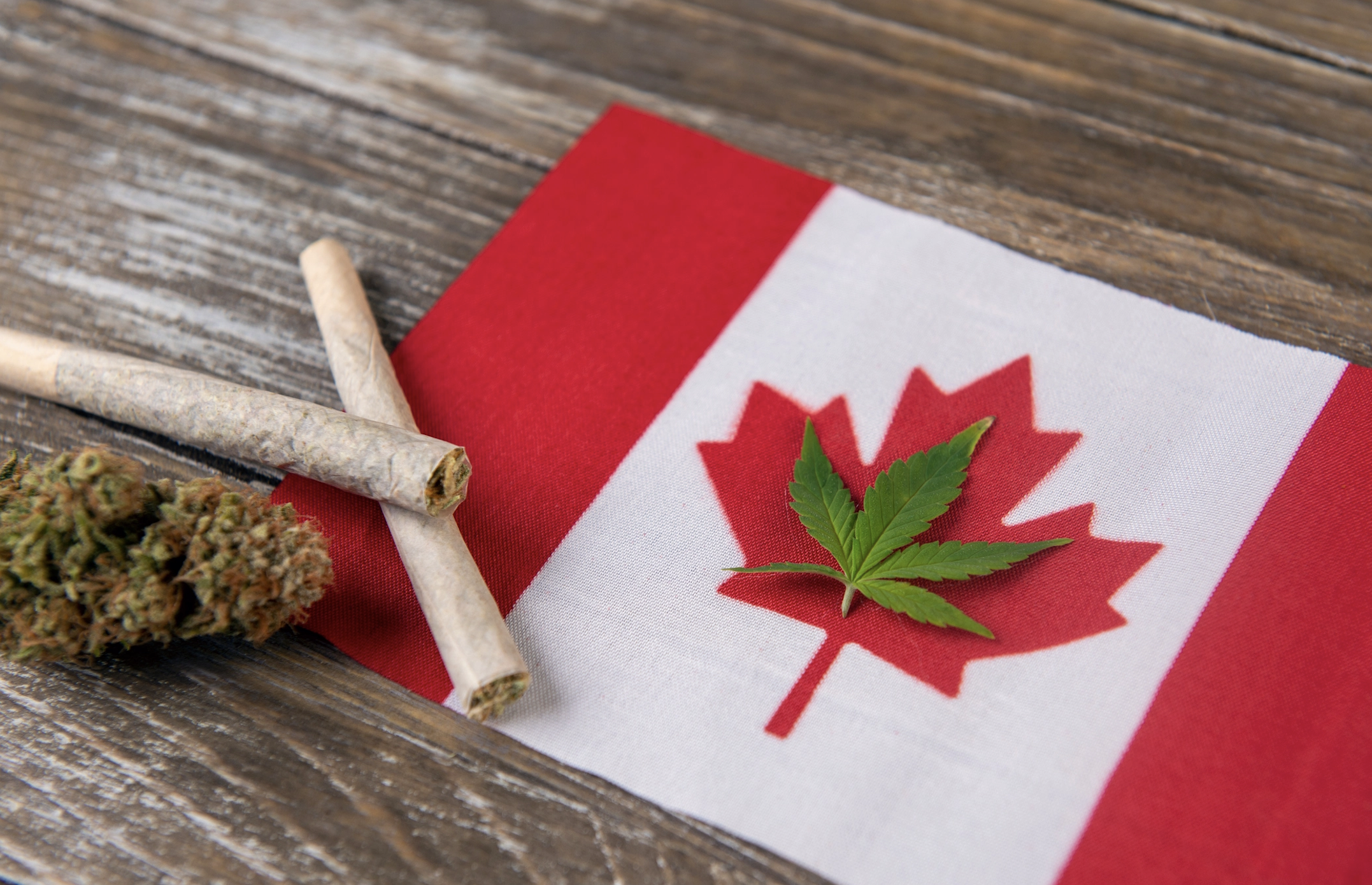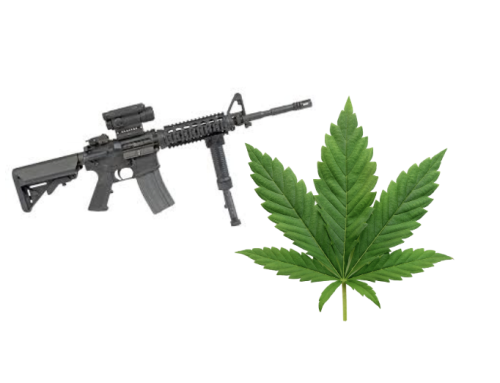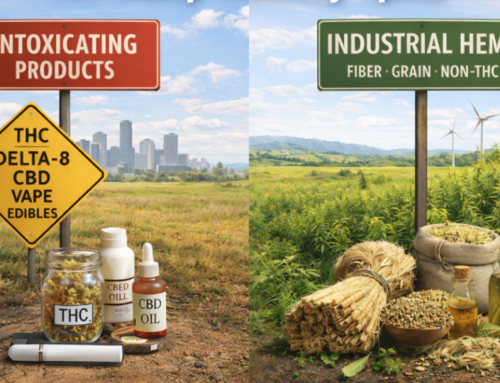Canada’s Licensed Cannabis Producers Struggle as Unpaid Federal Excise Tax Triples
TORONTO— Canada’s licensed cannabis producers are in financial turmoil as unpaid federal excise taxes have more than tripled in the latest fiscal year, according to figures provided by the Canada Revenue Agency (CRA).
At the end of the fiscal year on March 31, 2023, the debt reached CA$192.7 million ($145 million), a significant increase from CA$52.4 million in the previous fiscal year. This trend has been steadily rising since the legalization of cannabis in Canada in 2018.
The growing debt highlights an alarming situation in the industry, with an increasing number of companies unable to keep up with government levies. The excise duty imposed on producers’ dried cannabis is CA$1 per gram or 10% of the value of the gram, whichever is greater.
“As of March 2023, that figure had skyrocketed to 213 companies, or approximately 70% of the 305 licensees, required to pay excise duty,” the data revealed.
Dan Sutton, CEO of British Columbia-based cannabis producer Tantalus Labs, described the issue in grave terms, saying the “massive and accelerated growth of total excise owing is indicative of a sector-wide inability to survive under current excise tax policy.” Sutton has been at the forefront of efforts to convince the federal government to amend the tax.
The CRA has responded by increasing pressure on producers, including sending legal warning letters about outstanding payments. Despite the challenges faced by licensed producers, Canadian provincial and federal governments have benefited significantly from cannabis sales, collecting more than CA$1.5 billion in related profit and tax revenue in fiscal 2021-22.
The situation has prompted questions about the sustainability of Canada’s tax policy for cannabis. Some, including Tantalus Labs’ Sutton, argue that the policy was constructed on a “egregious miscalculation” of long-term wholesale prices. The current wholesale prices are closer to CA$2.75 per gram or less, making the tax burden almost insurmountable for some producers.
In 2022, wholesale prices crashed by over 40%, reflecting the struggle within the industry. The average price per gram for bulk wholesale flower in 2022 was CA$1.06, a decline from CA$1.80 a gram in 2021. Consumer prices have also been in freefall, a result of overproduction since 2019.
While governments have profited, there’s also an acknowledgment of missed opportunities due to unpaid taxes and fees. When companies fail, governments are losing millions of dollars. The situation highlights a critical need for a reevaluation of Canada’s approach to cannabis taxation, as industry stakeholders call for a more sustainable solution.
The financial strain of the existing tax structure, coupled with the sharp decline in wholesale prices, poses a critical challenge to the Canadian cannabis industry. Government and industry collaboration may be key to finding a balanced approach that ensures the viability of the sector while maintaining government revenue.
The CRA, while increasing pressure on non-compliance, maintains that it is “firmly committed to responsible enforcement” and encourages taxpayers to work with them to develop suitable payment arrangements. However, as the burden grows, the industry is left to wonder if this approach is enough, or if a more comprehensive policy shift is needed to prevent the industry from reaching a breaking point.




































